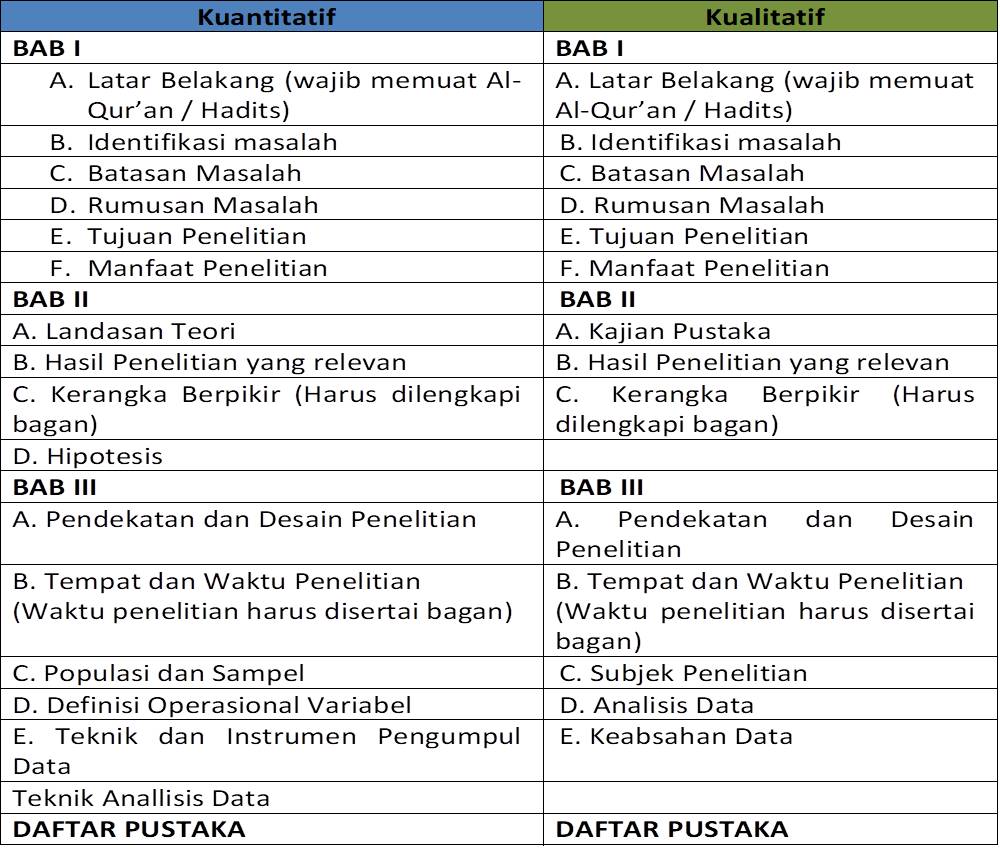

There are several parts of speaking over which the learner has control:ġ) Non verbal cues: Is the speaker very excited? How is he/she standing? What facial expressions does he/she have? How are the hands used? Is this normal for this person or is this uncommon? Such questions can help you decide what is being said.Ģ) Guessing: Many times, you can take part in a conversation and understand what is being said without understanding every word if you can guess within a high of probability what is being said based on the context of the remark. Speaking is a very demanding yet exciting skill in foreign language learning. Spencer (1959) appears to support this idea, suggesting that it is primarily important for teachers to apply various types of ‘rewards’ to stimulate students to possess ‘interests and goals’ in the performance of tasks.

In contrast, Beard and Senior (1980), two behaviorist psychologists, believe that ‘incentives and rewards’ are motivations for establishing behavior. (ibid) However, Bruner (1966) seems not to be in line with this suggestion, arguing that when learners are forced or pushed to learn, they might fail to maintain their natural curiosity. Lewin, a member of the cognitive school, emphasizes that learning itself is motivation which determines success.

Lewin, 1952 et al) study the concept of motivation to a greater extent. In contrast with teachers, psychologists (e.g.

According to Ball (ibid), motivated students refer to those who wish to do things that teachers expect, while unmotivated students are the ones who are unwilling to do things based on teachers’ expectation. This chapter reviews relevant literatures for the sake of strengthening the researcher’s perspectives of the need of speaking strategies implemented in English Club.Īs Ball (1957) claims, ‘motivation is a central concept in any theory of education.’ Therefore, it is essential to demonstrate different points of view on definitions of motivation in order to achieve a better understanding of the role of motivation in language learning.


 0 kommentar(er)
0 kommentar(er)
